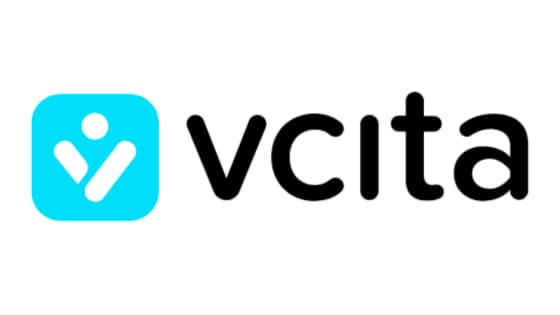One of the defining traits of the Elon Musk era of Twitter (err, X) is paid verification. By holding back several previously-free features of verified accounts, X has propelled the pay-to-play version of the blue checkmark. It’s now a central feature for the paid upsell to X Pro, formerly Twitter Blue.
Without getting into the collateral damage and societal impact of paid-versus-earned verification, Musk’s move did at least create urgency and demand for X Pro. Several users and institutions have begrudgingly handed over the $8 per month to maintain their blue-checkmark status symbol.
As all of this unraveled over the past several months, a notable offshoot has been to apply the principle of verification and blue checkmarks to SMBs. If there’s any segment that needs to instill trust and verification, it’s likely SMBs as they often don’t have the benefit of nationally-recognized brand equity.
This concept of business verification was already happening on X (though it’s $1000 per month), as most organizations have Twitter accounts. But does the principle apply to social and publishing channels beyond X? This is a trend we’ve begun to detect, including recent moves by Meta and AirBnB.
Preferred Placement
Taking those one at a time, Meta recently announced that it will expand its Meta Verified program (its version of the blue checkmark) to businesses. SMBs can subscribe to the program for $22 per Facebook page or Instagram account (or a bundled $35 for both). Meta says that WhatsApp will come later.
So what do SMBs get for that? For one, they get the coveted verification badge, as well as impersonation protection, and greater reach. The latter involves better search rankings within Facebook, as well as preferred placement in a new “Recommended Meta Verified Businesses” carousel in the News Feed.
Back to owned-versus-earned verification, the former got lots of flack following X’s moves. Meta spins pay-to-play verification as a way for SMBs that were otherwise ineligible (often reserved for larger entities or influencers) to simply buy it. And the price of admission goes towards verification processes.
Speaking of which, the rigor applied to that verification adds a degree of trust and validity to the program. Though it’s something that can be bought, businesses still have to verify themselves as who they say they are. This includes traditional methods like phone, email, or domain name verification.
Perennial Problem
On to Airbnb, it’s applying a similar verification program to crack down on the perennial problem of fake listings. For those unfamiliar, this common form of Airbnb fraud involves individuals who clone real listings in order to pose as properties and collect payment before disappearing into the night.
To combat this, listings will get a verification badge which they can earn by submitting identifying info such as photos and GPS data. But one big difference from the above programs is that there’s no cost to hosts to get verified. In fact, Airbnb will start mandating verification for all new hosts and properties.
We should also clarify that we’re categorizing Airbnb hosts as SMBs. As businesses – or in some cases, side hustles – they operate as SMBs or what we often call very-small businesses (VSBs). And as far as verification goes, this is a segment of the SMB world where trust and validation are critical functions.
All the above is being activated initially to Airbnb’s top five markets (the U.S., Canada, Australia, the U.K., and France). The process will begin rolling out later this year says the company, then expand to 30 other countries next fall. Users should start seeing the verified symbols on property listings in February.



